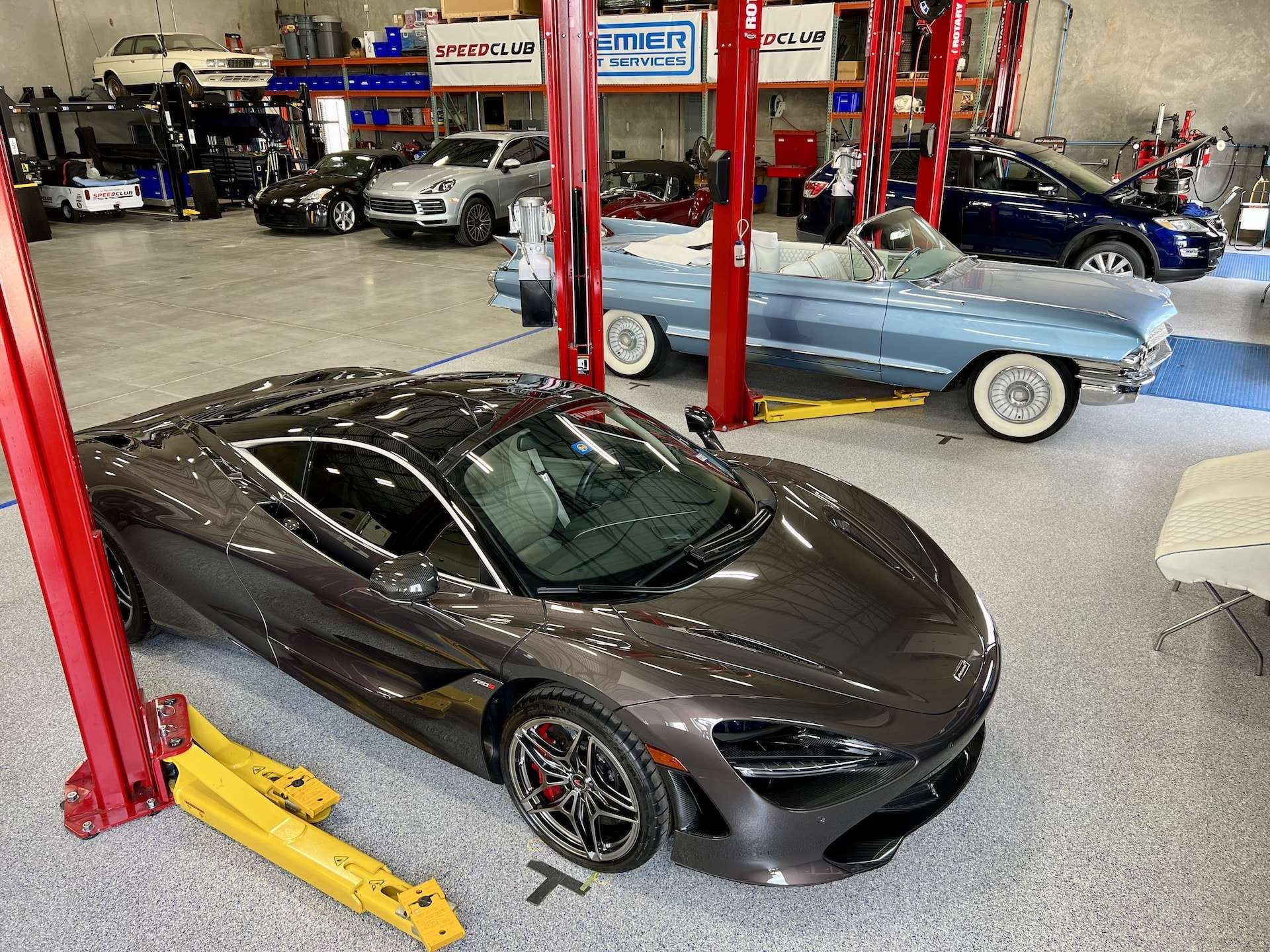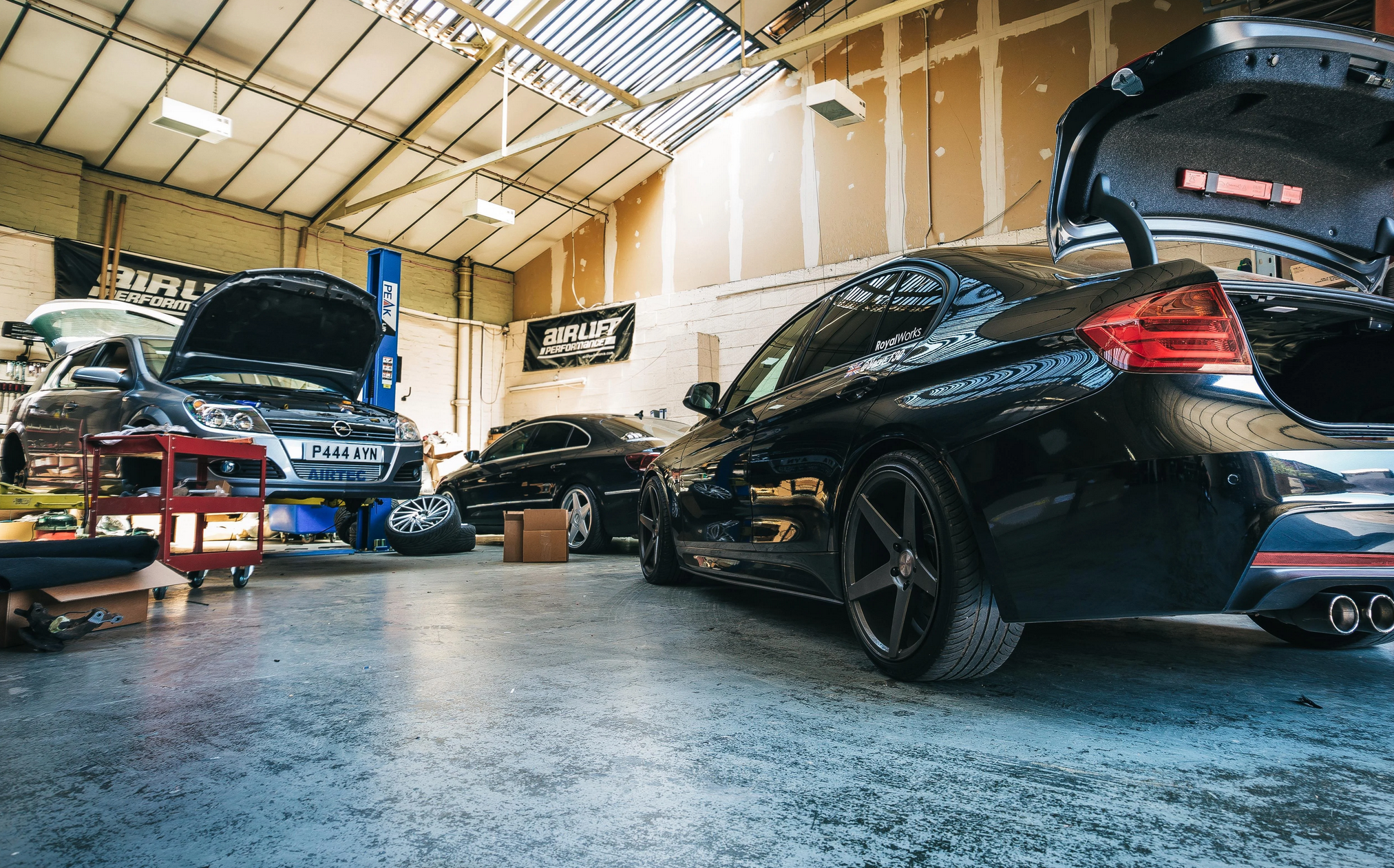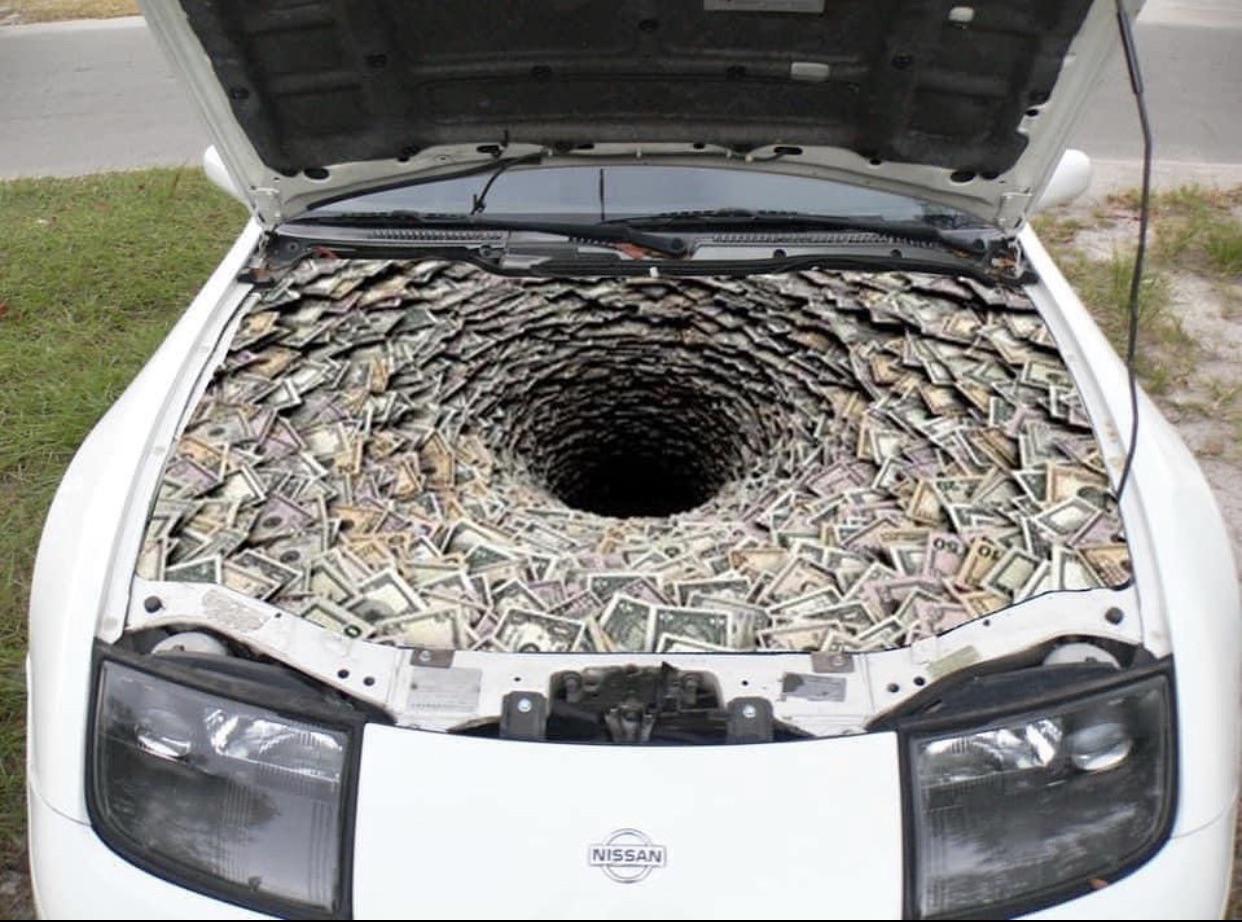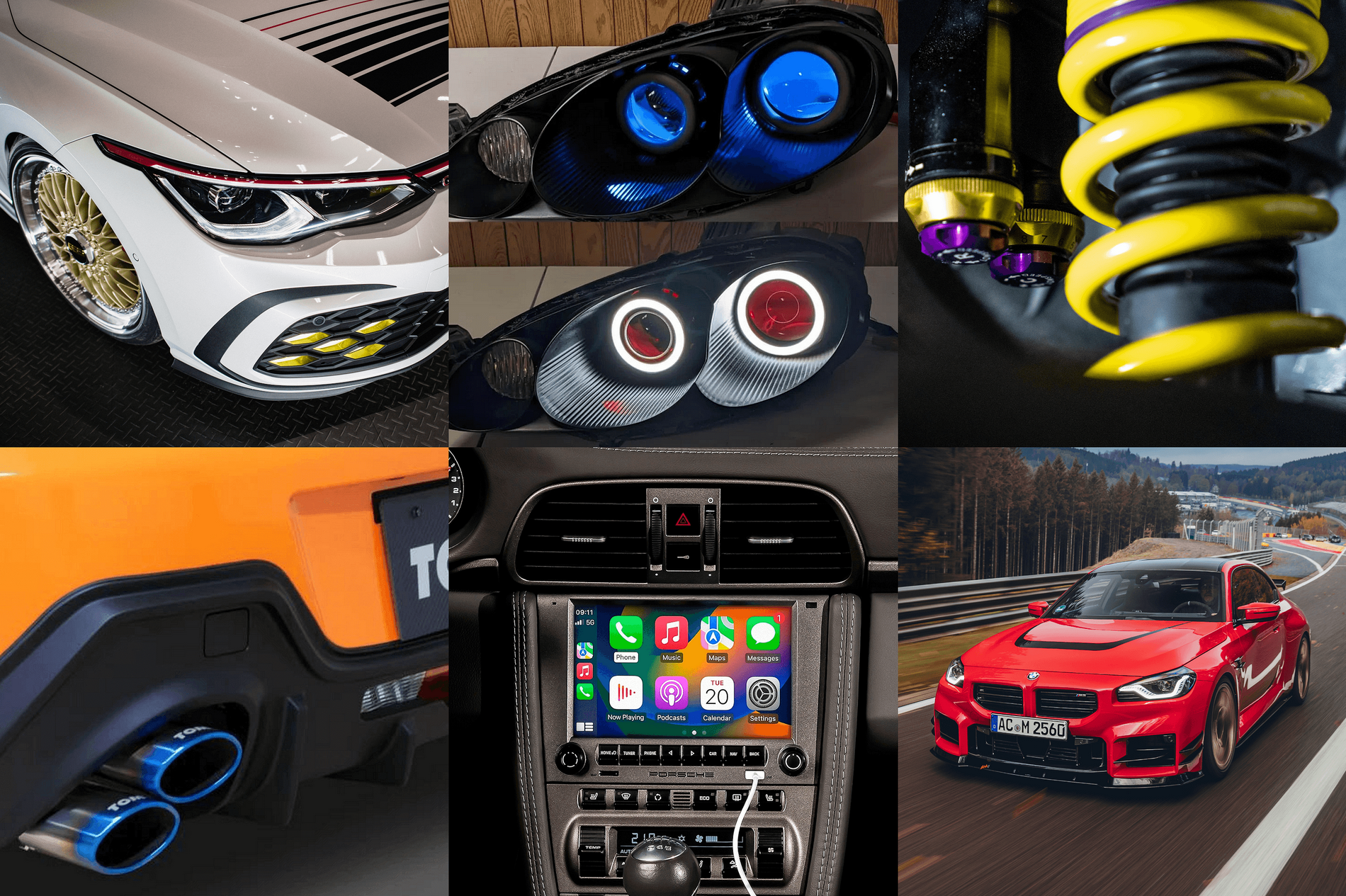Owning a car, especially a high-performance or exotic model, is a dream come true for many enthusiasts. However, the path to car ownership is fraught with potential missteps that can quickly turn that dream into a nightmare. Here are five common mistakes car enthusiasts often make and how to avoid them.
Overestimating Skill Levels with High-Performance Cars

High-performance cars are engineered for speed, precision, and thrilling driving experiences, but they demand a skilled hand behind the wheel. Many enthusiasts jump straight into a car with capabilities far beyond their experience, only to realize they’re in way over their heads.
The result? Scratches on the car, bruises on their ego, or worse.
If you frequent car forums, you’ll see no shortage of videos where drivers clearly cannot handle the metal with their mettle (ahem, Mustang drivers?), inevitably turning themselves into a meme and becoming the laughingstock of car enthusiasts globally.
Instead of treating the road like your personal racetrack, consider taking a performance driving course or starting with a car that won’t make you feel like you’re wrestling a wild animal every time you accelerate.
Ignoring Maintenance Costs for Exotic or High-Performance Cars

You’ve saved up, maybe stretched your budget, and finally snagged the car of your dreams. Life is good—until reality hits with the first maintenance bill.
High-performance cars don’t just look expensive; they demand expensive care as we’ve looked at previously. Need new tires? That’ll be thousands. Routine maintenance? Forget the corner mechanic; you’ll need a specialist, and they don’t come cheap.
For example, a single oil change on a Bugatti Veyron costs an eye-watering $21,000. Compare that to a Toyota Corolla’s $80 oil change, and you might start questioning your life choices.
The lesson here? Research maintenance costs before signing on the dotted line, and budget accordingly for your dream car’s ongoing demands. You’re not just paying for the price of the car, but everything else that goes with keeping it in top-top shape.
Sacrificing Reliability for Style or Speed

Looks are everything… or so some enthusiasts think.
But what good is a jaw-dropping car if it spends more time in the shop than on the road? Choosing style or raw speed over practicality can lead to headaches down the line, especially if you’re dealing with frequent breakdowns or aftermarket modifications that weren’t properly installed.
Take heavily modified vehicles as an example. While they might turn heads at car meets, those mods can wreak havoc on reliability, leaving you with a car that’s more trouble than it’s worth.
For enthusiasts who live in colder climates and only own a rear-wheel drive vehicle, navigating winter roads can be an absolute nightmare. It’s also why you don’t see many people rolling around in muscle cars or other high-performance RWD during the winter months.
Keep this in mind: sometimes, it’s better to own a car that you can actually drive than one that just looks good sitting in your driveway.
Buying More Car Than You Can Afford / Underestimating Depreciation and Financing Risks

Let’s face it: car enthusiasts are often guilty of dreaming big… and then buying bigger.
It’s easy to justify stretching your budget to get that perfect car, but high-performance vehicles tend to depreciate faster than you can say “handcrafted interior.” This becomes a double whammy when risky financing options like rolling negative equity into a new loan or taking out a title loan enter the mix.
Depreciation itself can already leave you owing far more than your car is worth, creating a precarious financial situation that’s tough to dig yourself out of.
For instance, a new BMW M3 costing $75,000 can drop to $55,000 after a year. With a monthly payment of $1200, you’ll still owe more than $60,000 on the car. That $5,000 gap leaves you financially upside down and in a difficult position if you want to sell or trade in the car.
There are many loan options out there available but the point is that it needs to fit the right utility so that it’s not misused. For those exploring alternative loans for any reason, it’s just as crucial to know the math. Companies such as Montana Capital offer title loans, allowing you to use your car as collateral and borrow up to $50,000. While this might provide quick cash, it comes with the risk of losing your vehicle if payments aren’t met. Combine rapid depreciation with other leveraged financing, and you’ve got a recipe for regret.
Always run the math.
Chasing Trends Rather Than Personal Preferences / Falling Into the Mod Trap

Automotive trends can be tempting. One day it’s matte black wraps; the next it’s oversized spoilers. But chasing what’s popular often leads to owning a car that doesn’t truly feel like yours. Many enthusiasts spend small fortunes on modifications, only to realize they’ve created a vehicle that looks great on Instagram but doesn’t spark joy in real life.
The mod trap is a slippery slope. You start with a simple upgrade, and before you know it, you’re knee-deep in aftermarket parts that don’t quite fit or work together. Focus instead on making thoughtful modifications that enhance your car’s performance and personality while staying true to your preferences.
It’s also worth noting that mod parts don’t come equal. Even well-known companies like LibertyWalk require extensive bodywork knowledge in order to seamlessly fit parts together. Performance modifications such as ECU tuning are no different and if you haphazardly throw modifications together, it can result in catastrophic damages which set you back even more.
Lastly, certain mods have diminishing ROI on power gains. There is loads of marketing gimmicks out there with some companies making unsubstantiated claims on how much more power you’ll make if you buy their intercooler or cold air intake. At times, these mods can actually result in a decrease in power. With terms like “butt dyno” being thrown around, it’s easy to get caught up in telling yourself that every modification is necessary. Do your research to make sure the mods are worth your money (and time).
Final Thoughts
Owning a car should be about joy and excitement, not regret and financial stress. Avoid these common mistakes by thinking ahead, staying realistic, and remembering why you fell in love with cars in the first place. With careful planning and a dose of practicality, you can keep your automotive dreams alive and well.




